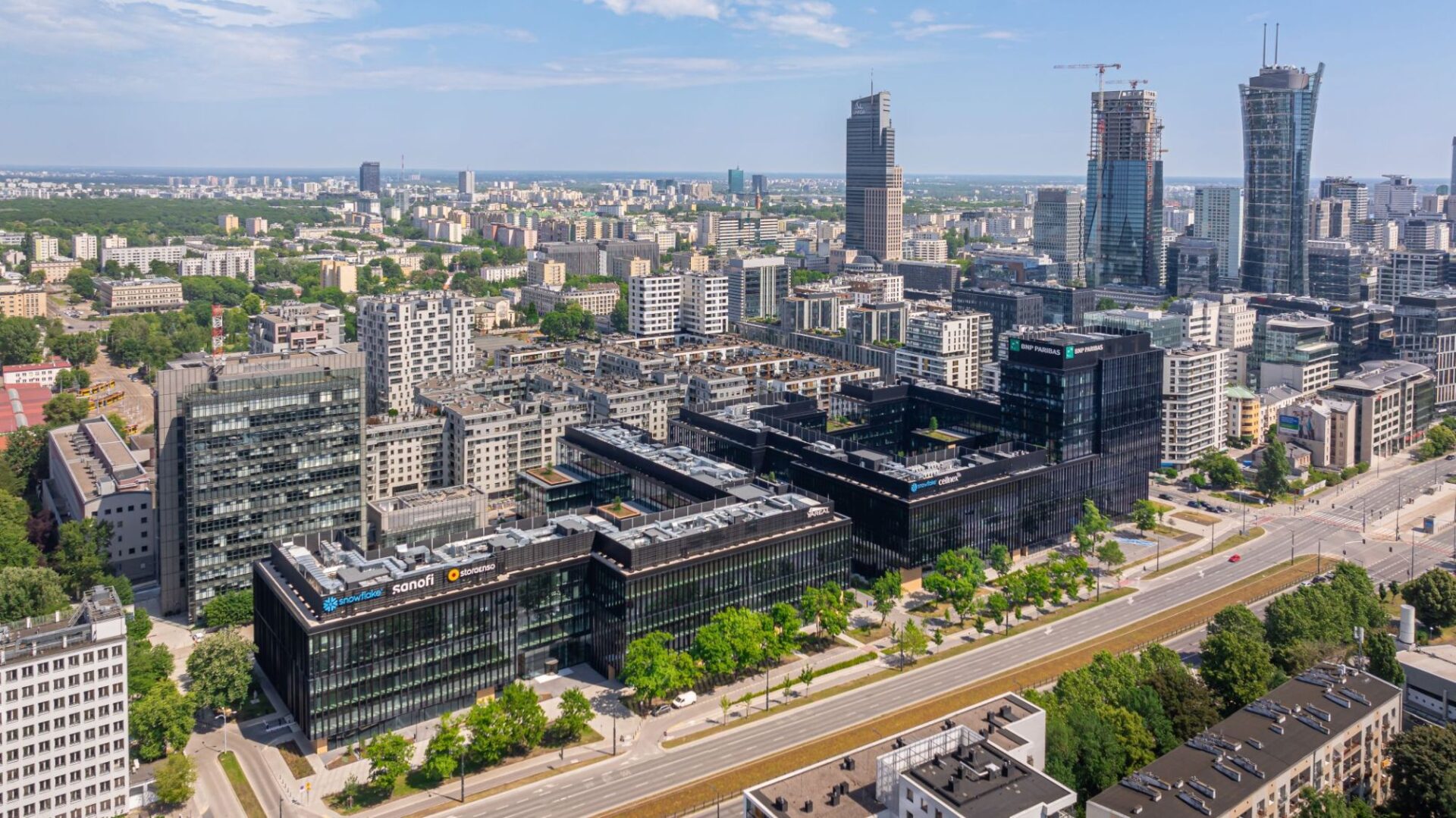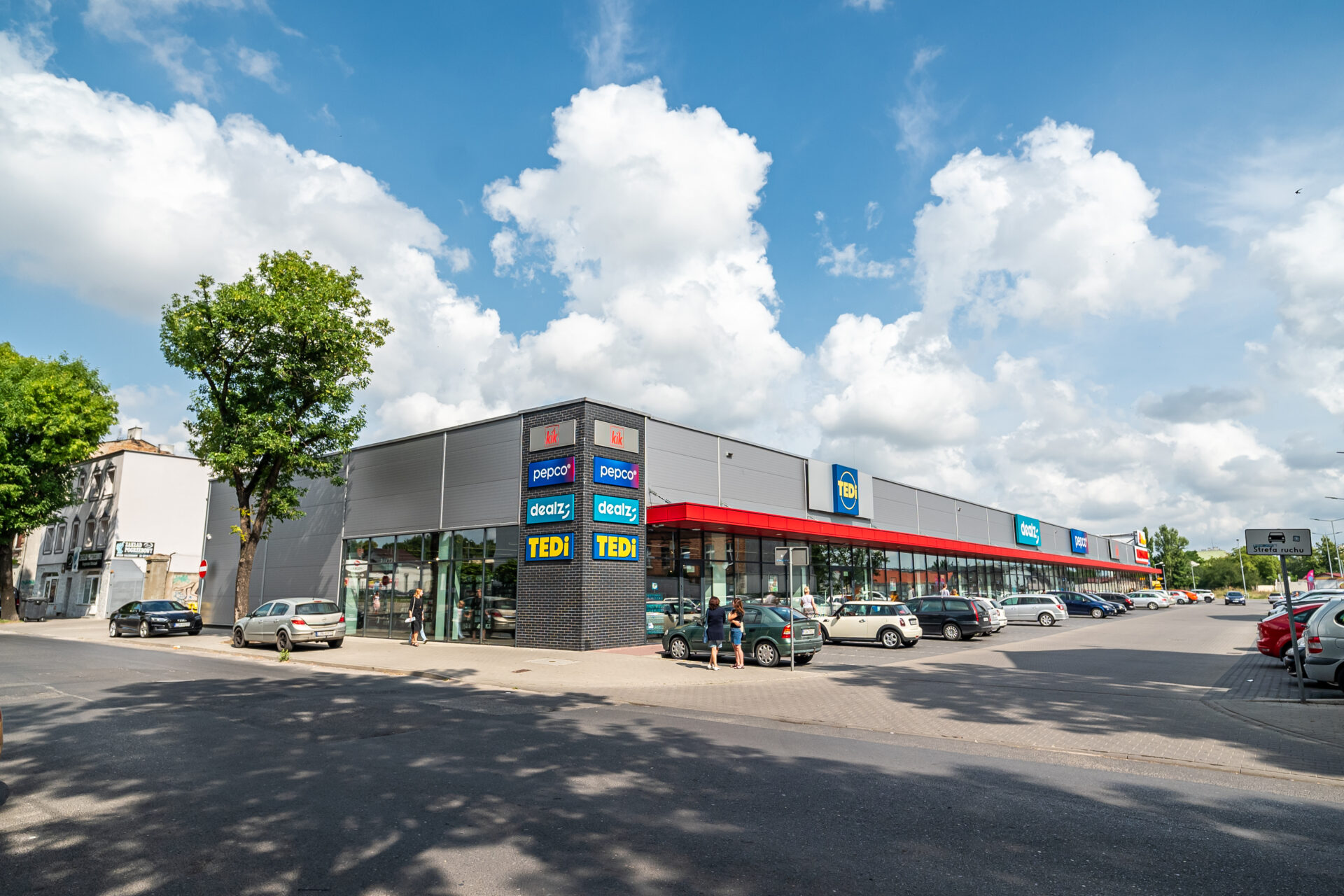Colliers International experts analyze the situation on the investment market in the face of the COVID-19 pandemic. The outbreak has delivered a sharp economic and financial market shock to global and EMEA markets. First to the Chinese and Asian economy as the shut-down of a reported 50 percent of Chinese factories and production clearly has created huge implications for global supply chains throughout 2020. Activity on certain trade routes from China decreased by between 20 percent-40 percent, with Chinese imports expected to be down around 12 percent in Q1 (q/q) with world trade set to shrink by as much as 7 percent y/y by Q2. This will leave world growth for the year at only around 2 percent, the slowest pace in the last decade and way down on the 3.5 percent of 2019.
“It is difficult to estimate the final impact of the coronavirus on the real estate market in the EMEA region at this point in time, but the tourism, trade and leisure industries will be most affected. A best-case scenario for the EMEA would see zero economic growth over the year following a negative dip in Q2/Q3, with real estate shocks limited primarily to hotels/hospitality, discretionary/experience-led retail assets and logistics/production dependent on non-essential goods, or the China supply-chain,” says Monika Rajska-Wolińska, managing partner at Colliers International in Poland.
A mid-case scenario will not see a recovery until Q1 2021, with broader impacts felt in office markets dependent on the most exposed firms (e.g. airlines, tour/events operators, banks/insurance and energy companies).
“Activities will be frozen in the capital markets, but the main players are still active in the so-called safe-haven markets, especially for more resilient retail, logistics and industrial sectors and office and residential buildings. Depending on whether we see a best or mid-case scenario, investors will hold back their decisions until pricing and availability/cost of capital becomes clearer. For cross-border investors, capital markets uncertainty, liquidity issues, Q2/3 FX rate volatility and inability to physically visit/check assets will lead to a push-back on activity,” says Monika Rajska-Wolińska.
It will take at least three months for the investment market to come to terms with what is a very sharp economic global shock.
“Some investors, especially those in need of capital, may have to revise their assets, leading to the sale of some properties to balance their portfolios. The second challenge is funding and exchange rate volatility, which make it difficult to estimate return on investment, and the change in rates of return and price levels that may occur in the event of a prolonged downturn,” says Monika Rajska-Wolińska.
“The situation is changing very dynamically, so in order to provide current information on the impact of the coronavirus on the EMEA markets in this difficult time, we launched Colliers’ COVID-19 Insights portal updated on a weekly basis, where our experts provide the latest information and analysis on the impact of the pandemic on particular sectors of the commercial real estate market,” says Monika Rajska-Wolińska.







